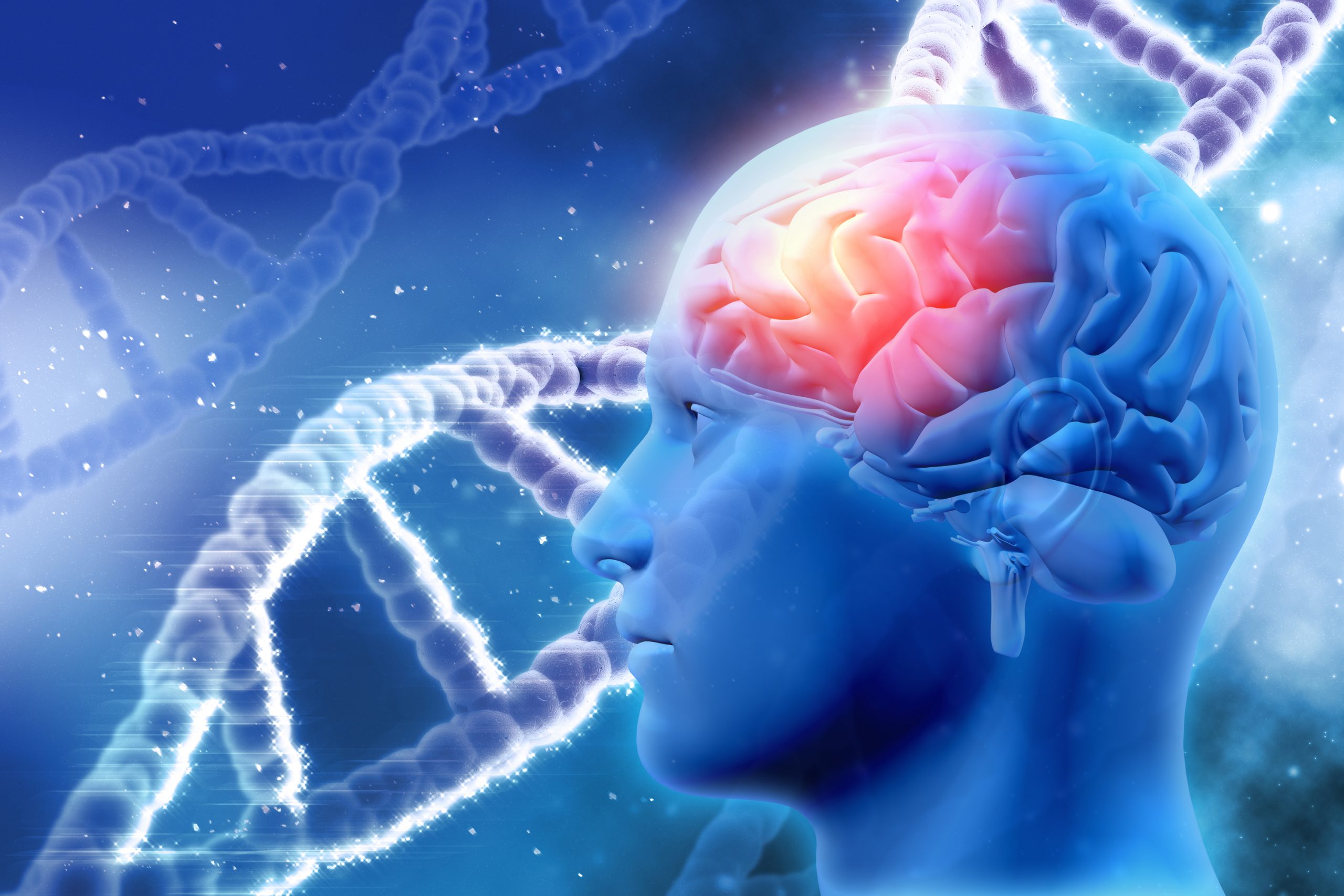

New study has found a potential path to generating the first medication treatments for vascular dementia that directly address the condition’s source. The study, published in the Proceedings of the National Academy of Sciences, sheds light on how high blood pressure triggers changes to arteries in the brain, leading to the fatal illness.
High blood pressure is a major cause of vascular dementia, a disorder marked by decreased blood supply to the brain. The lower blood flow deprives brain cells of nourishment, causing them to get damaged and die over time. Symptoms of vascular dementia include fatigue, difficulty concentrating, and poor memory.
The brain’s arteries naturally contract and broaden in response to changes in blood pressure. Consistently high blood pressure, on the other hand, causes arteries to constrict and restricts blood supply to the brain. It was previously unknown how.
The study, conducted by academics at The University of Manchester’s Geoffrey Jefferson Brain Research Centre, indicates that elevated blood pressure alters signalling within artery cells in the brain in mice. They discovered that this happens when two cell structures that ordinarily assist relay messages telling arteries to dilate migrate apart. This prevents messages from reaching their intended destination, causing the arteries to remain chronically restricted, reducing blood flow to the brain.
The researchers hope that by identifying medications that can restore this communication, they will soon be able to enhance blood supply to afflicted parts of the brain and halt the progression of vascular dementia.
While the findings have yet to be confirmed in people, the processes of blood vessel narrowing and expanding in mice and humans are extremely similar. The researchers are currently looking at drugs that could restore this signaling, which they hope will lead to human studies aimed at restoring healthy brain blood flow in vascular dementia in the future.
One of the study’s leaders, Professor Adam Greenstein, a clinician scientist specialized in high blood pressure at the University of Manchester.
“By uncovering how high blood pressure causes arteries in the brain to remain constricted, our research reveals a new avenue for drug discovery that may help to find the first treatment for vascular dementia. Allowing blood to return as normal to damaged areas of the brain will be crucial to stopping this devastating condition in its tracks.”
Any drugs that are discovered to improve brain blood supply may also be able to open a new line of attack in treating Alzheimer’s disease, which causes very similar damage to blood vessels as vascular dementia. Drugs to restore healthy blood flow could make current treatments, which focus on removing harmful amyloid plaques in the brain, more effective.”
Professor Sir Nilesh Samani, Medical Director at the British Heart Foundation, said, “Vascular dementia affects around 150,000 people in the UK, and this number is going up. There are no treatments to slow or stop the disease, but we know that high blood pressure is an important risk factor. The incurable symptoms are hugely distressing for patients and those close to them.”
This exciting research reveals a specific mechanism by which high blood pressure might increase the risk of vascular dementia. Pinpointing how arteries remain permanently narrowed in vascular dementia could lead to the development of new effective treatments, raising hope that there may soon be a way to prevent this illness from destroying more lives.”
more recommended stories
 Sickle Cell Gene Therapy Access Expands Globally
Sickle Cell Gene Therapy Access Expands GloballyKey Summary Caring Cross and Boston.
 Reducing Alcohol Consumption Could Lower Cancer Deaths
Reducing Alcohol Consumption Could Lower Cancer DeathsKey Takeaways (At a Glance) Long-term.
 NeuroBridge AI Tool for Autism Communication Training
NeuroBridge AI Tool for Autism Communication TrainingKey Takeaways Tufts researchers developed NeuroBridge,.
 Population Genomic Screening for Early Disease Risk
Population Genomic Screening for Early Disease RiskKey Takeaways at a Glance Population.
 Type 2 Diabetes Risk Identified by Blood Metabolites
Type 2 Diabetes Risk Identified by Blood MetabolitesKey Takeaways (Quick Summary) Researchers identified.
 Microglia Neuroinflammation in Binge Drinking
Microglia Neuroinflammation in Binge DrinkingKey Takeaways (Quick Summary for HCPs).
 Precision Oncology with Personalized Cancer Drug Therapy
Precision Oncology with Personalized Cancer Drug TherapyKey Takeaways UC San Diego’s I-PREDICT.
 Iron Deficiency vs Iron Overload in Parkinson’s Disease
Iron Deficiency vs Iron Overload in Parkinson’s DiseaseKey Takeaways (Quick Summary for HCPs).
 Can Ketogenic Diets Help PCOS? Meta-Analysis Insights
Can Ketogenic Diets Help PCOS? Meta-Analysis InsightsKey Takeaways (Quick Summary) A Clinical.
 Silica Nanomatrix Boosts Dendritic Cell Cancer Therapy
Silica Nanomatrix Boosts Dendritic Cell Cancer TherapyKey Points Summary Researchers developed a.

Leave a Comment